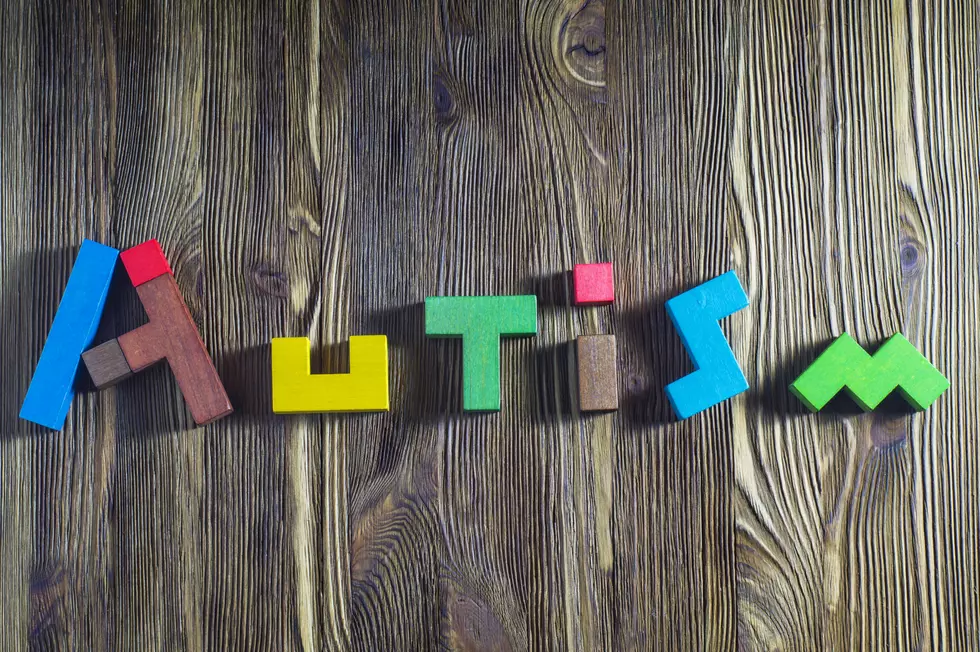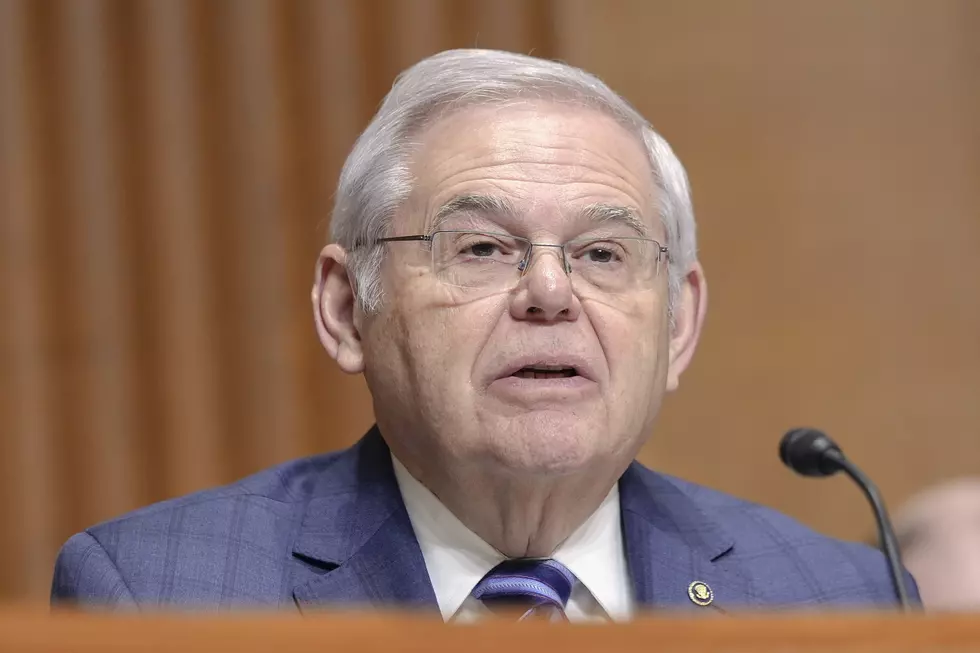
Unique license code would tell NJ cops whether someone has autism
New Jersey lawmakers are interested in introducing a unique marking or code on the driver's licenses of individuals living with autism or another communication disability.
The voluntary marking, an idea put forth in a piece of legislation advancing on the statewide level, would notify police and first responders of an individual's condition, in the event of a traffic stop or other encounter.
"Ultimately we want to help first responders during these interactions," said Assemblywoman Serena DiMaso, R-Monmouth, primary sponsor of the legislation. "It's critical for law enforcement to understand whether a driver's actions or behavior are a result of a medical diagnosis they might struggle to express."
The measure was advanced in late October by the Assembly Transportation and Independent Authorities Committee. A companion Senate measure was introduced in January.
The legislation allows a license-holder or non-driver ID cardholder who opts for the voluntary designation to remove the designation at any time.
DiMaso, a volunteer with her local First Aid squad in Holmdel, noted Monmouth County has a voluntary Special Needs Registry that aims to achieve a similar goal.
The measure would also require state officials to craft a training program meant help officers identify and effectively communicate with a person who has been diagnosed with an autism spectrum disorder or a communication disability. The program, according to the bill, would include training in de-escalation methods.
"We cannot expect our officers to be experts in everything, but we can give them the tools needed to keep up the amazing job they are doing," said Assemblywoman Jean Stanfield, R-Burlington, a former county sheriff. "By doing this we can avoid future problems while creating a stronger bond between police and the communities they serve."
Under the bill, the training program would be made available annually to every county and municipal law enforcement agency in New Jersey.
“We support this legislation’s intent to help first responders quickly and easily identify those with autism and other communication disabilities in emergency situations," Suzanne Buchanan, executive director of Autism New Jersey, said in an emailed statement. "With this information and proper training, first responders will be better equipped to minimize the risks associated with any misunderstandings and safely and sensitively interact with individuals with autism.”

NJ’s lives lost to COVID-19 — Loved and Lost
More From WPG Talk Radio 95.5 FM










